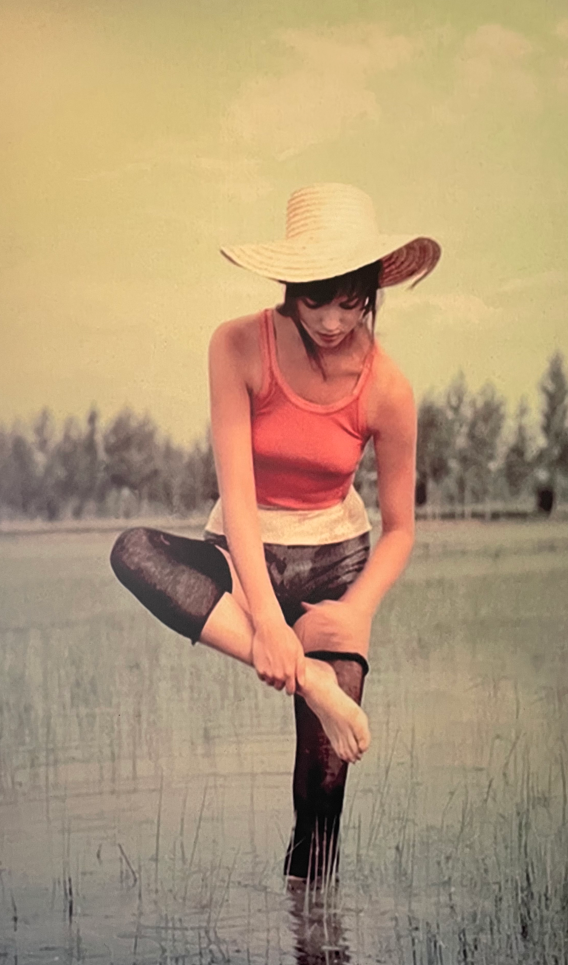
The Rice Weeders
In an era before the dawn of pesticides and machines, an all-female workforce was employed to clean and harvest Italy’s rice crops. The rice weeders, known in Italian as “Mondina”, could be found knee-deep in flooded fields from May until July, across northern Italy’s “rice belt”. These Italian rice weeders may be a thing of the past, but they have a remarkable political legacy.
Italy was, and remains, Europe’s largest rice producer. As the glassy surface of the flooded rice fields may now seem tranquil, the paddies often resounded with the sound of weeders’ songs of protest. Mondina developed an incredible repertoire of polyphonic call-and-response songs, often lamenting miserable working conditions or exploitative employers.
Apart from eight-hour days under the beating sun, rice weeders were also active in Italy’s liberation from the Nazis and many were part of the Italian Resistance. Some recalled hiding partisans in their homes or acting as couriers between battalions. The weeders also protested against their replacement by agricultural machinery.
Today, Italy’s rice weeders have gained a cult following for their songs and their dress. The success of the film Bitter Rice catapulted the weeders into the public eye because of their attire. Mondina would wear a scarf, a broad brim hat, and shorts with ripped stockings as not to wet their clothes. These became their most remembered, and reproduced, characteristics.
